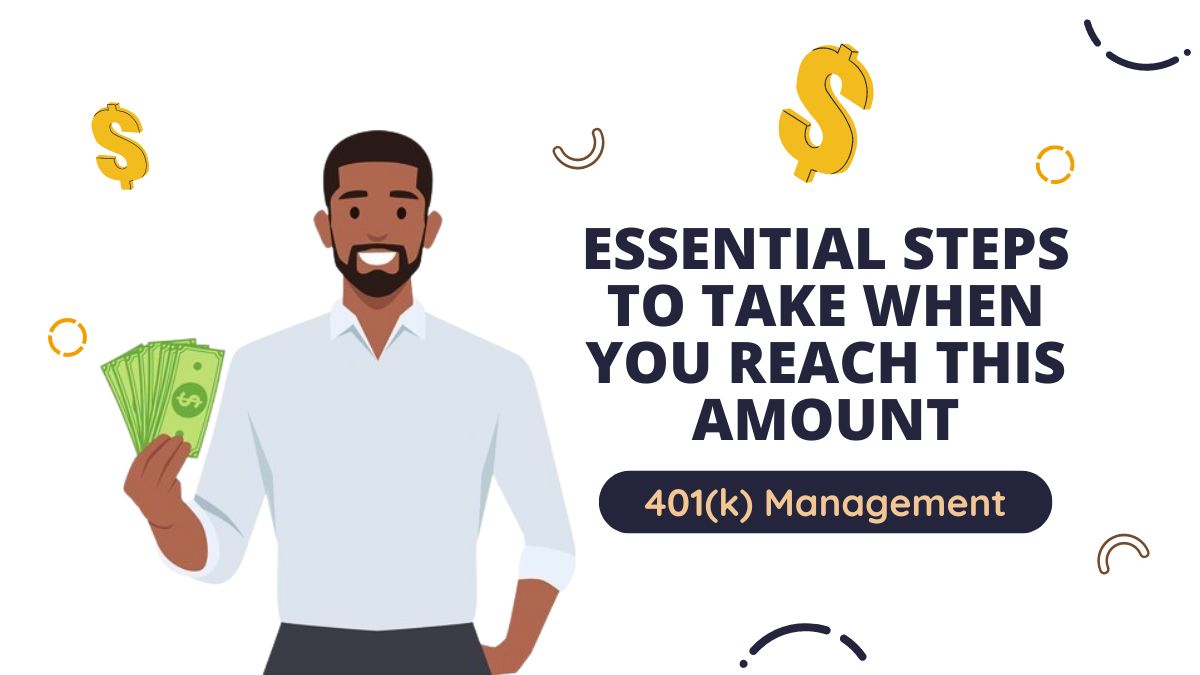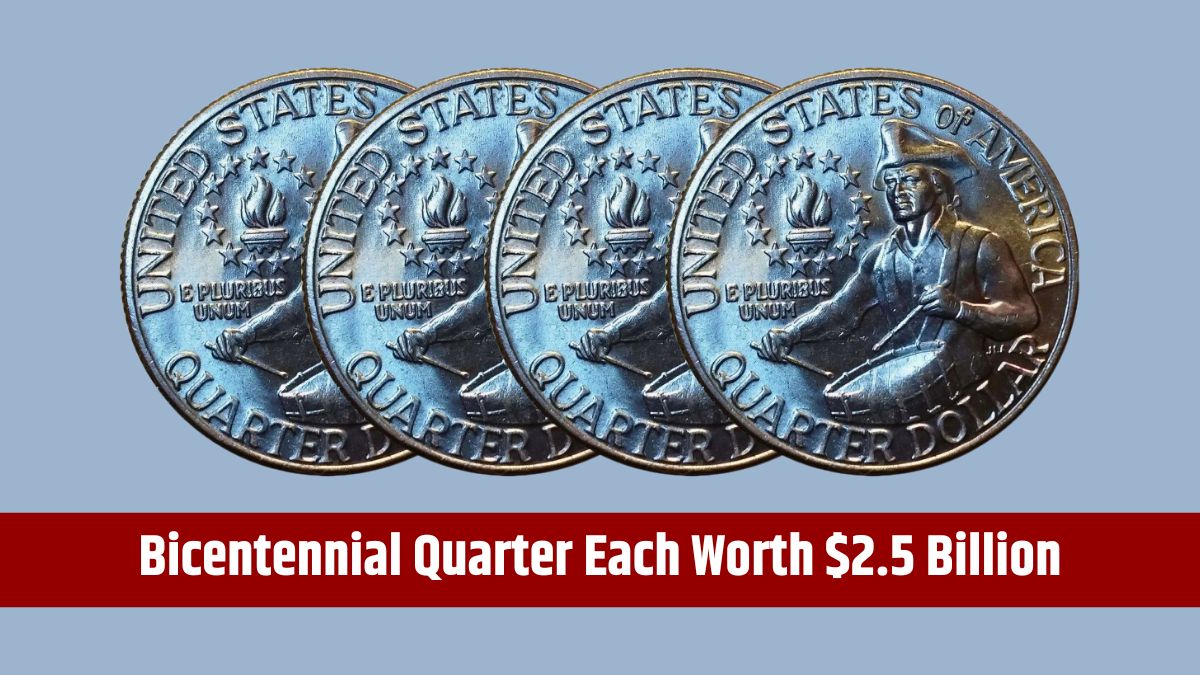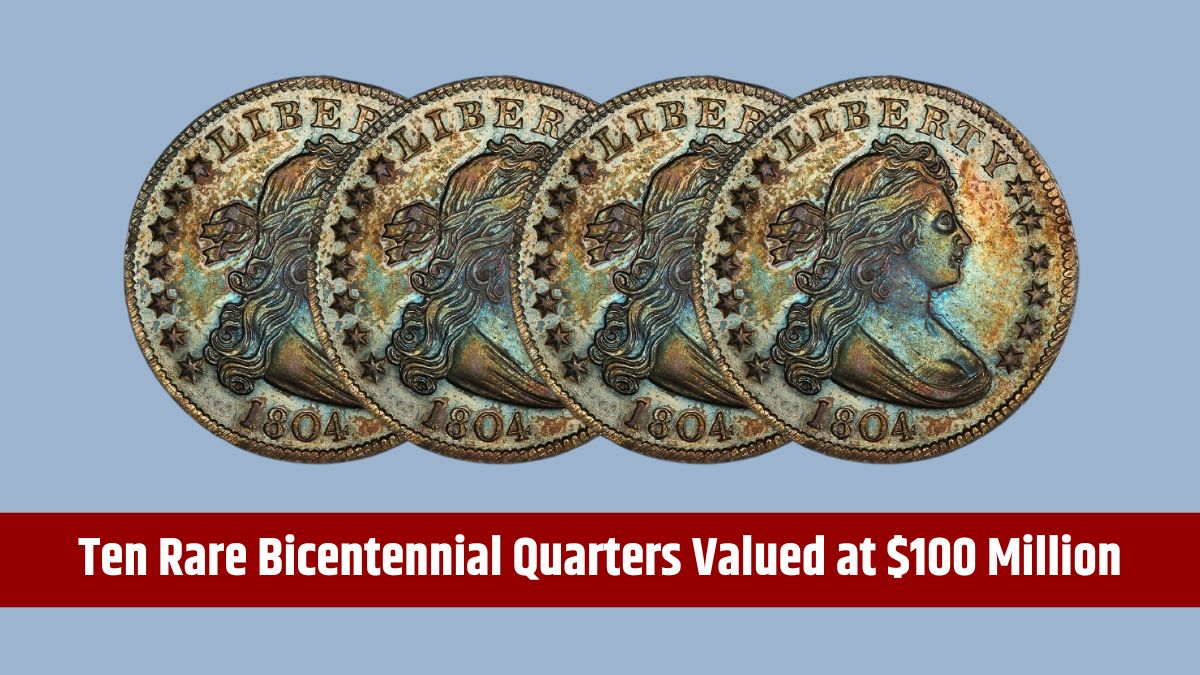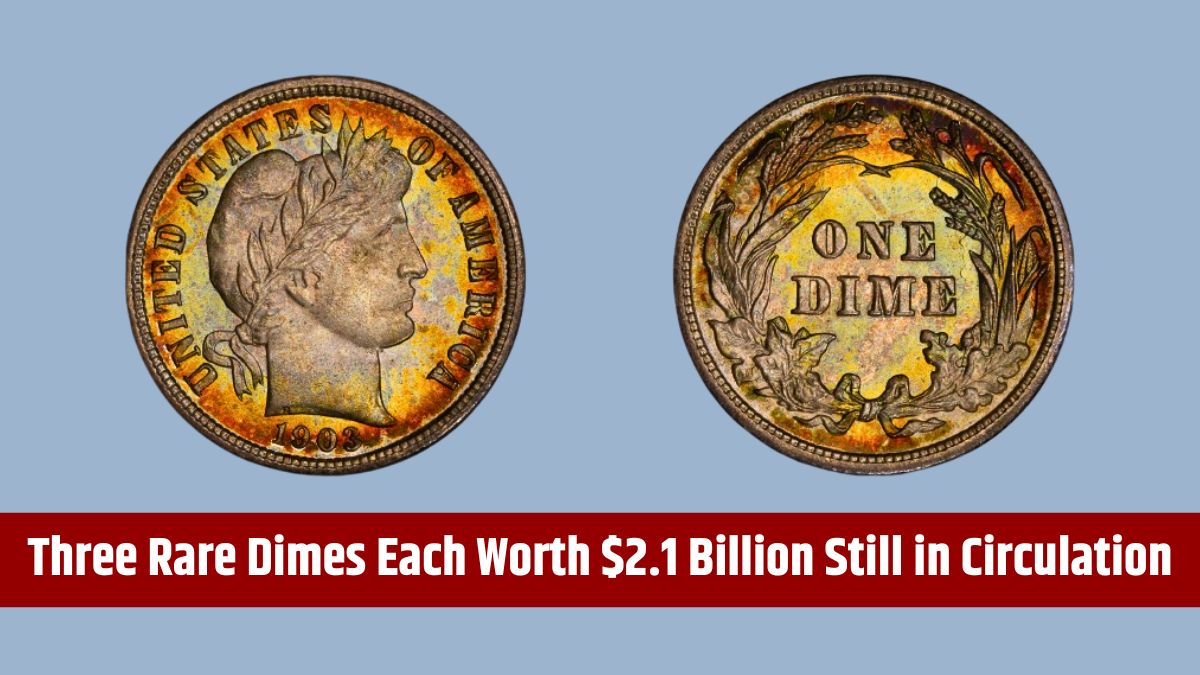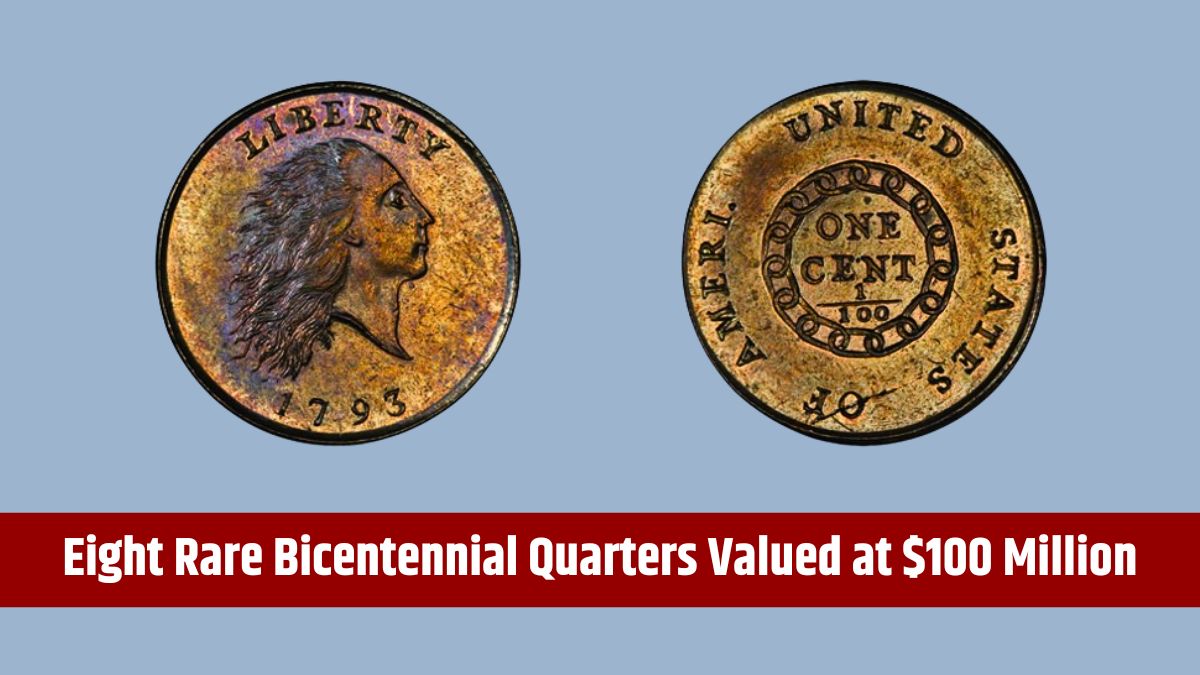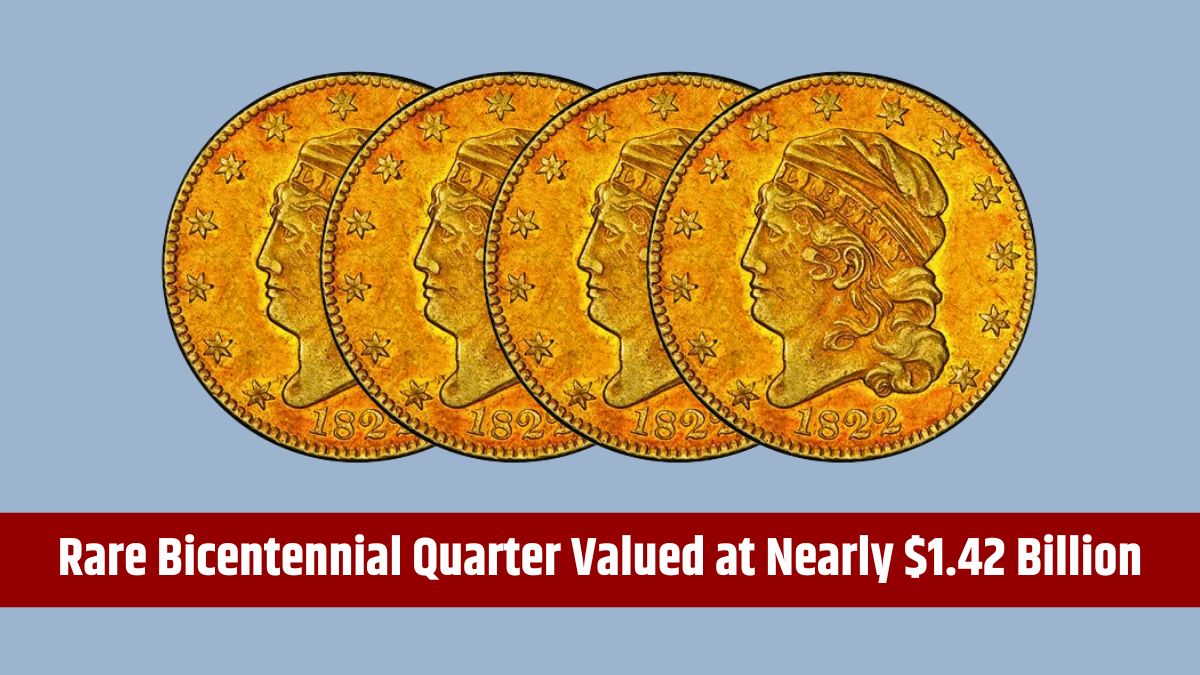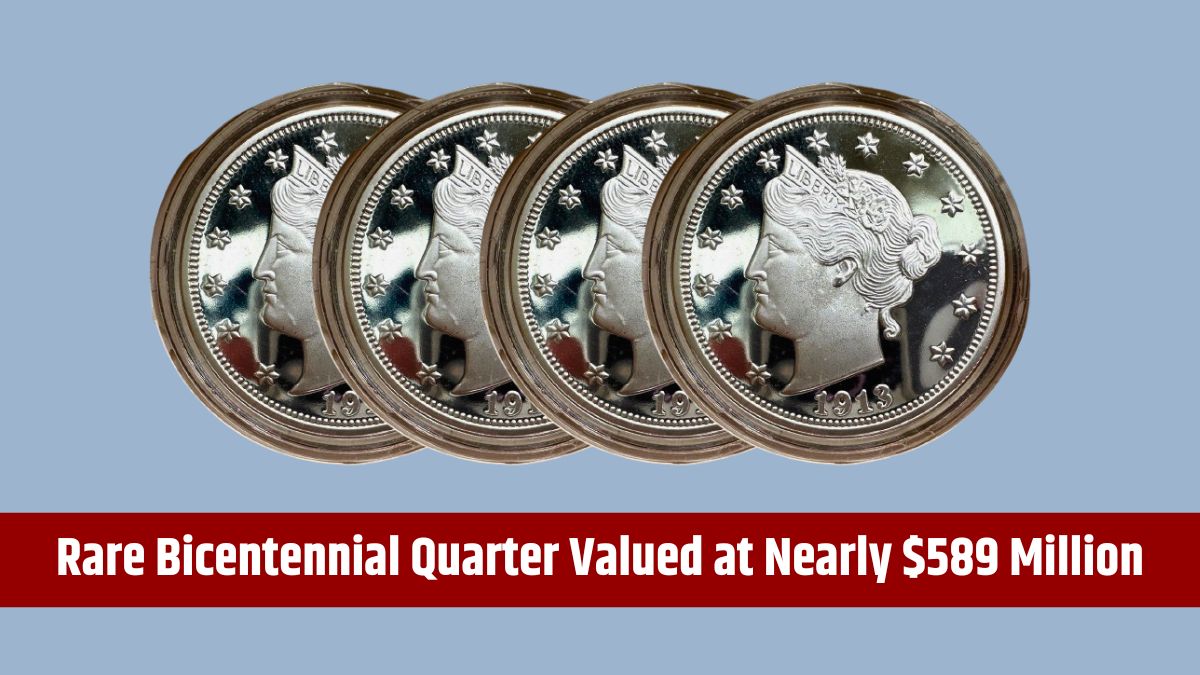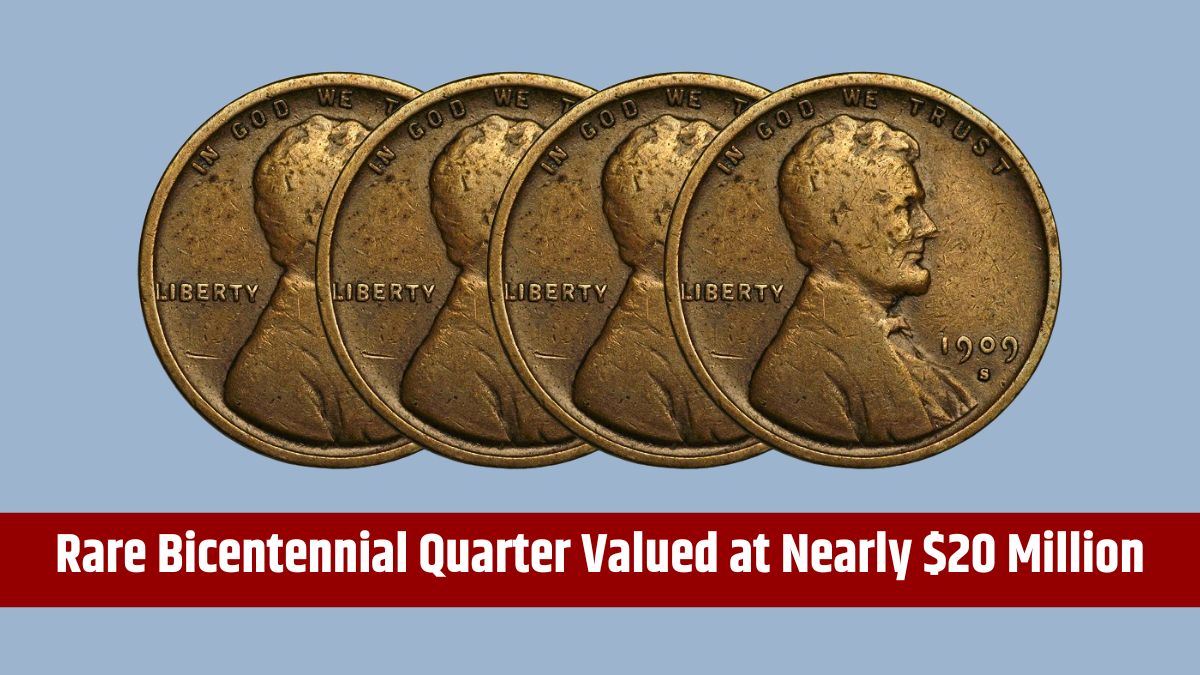For many Americans, amassing $1 million in their 401(k) is a dream that signifies financial security in retirement. Recently, this dream has become a reality for an increasing number of individuals. Fidelity reported that a record 485,000 of its customers now have $1 million or more in their 401(k) accounts, thanks largely to the stock market’s strong performance in recent years.
While reaching this milestone is an achievement worth celebrating, it also presents an opportunity to make thoughtful and strategic decisions about your retirement investments. Here’s a guide to the key steps you should consider once you hit that seven-figure mark.
Rebalance
When your 401(k) experiences rapid growth, particularly due to favorable stock market conditions, it’s essential to periodically review and adjust your asset allocation. For instance, if your original plan was to maintain a 60% stock and 40% bond portfolio but the market’s surge has shifted this balance to 70% stocks and 30% bonds, it may be time to rebalance.
This involves selling off some stocks and reallocating those funds into bonds or other fixed-income investments. Rebalancing helps ensure your portfolio stays aligned with your long-term financial objectives and maintains the right level of risk.
Risk
Hitting the $1 million mark can significantly alter your perspective on risk. When you started your investment journey, you might have been more comfortable with higher risks, driven by the need to grow your wealth. However, with a larger amount at stake, and possibly being closer to retirement, your tolerance for risk might decrease.
At this stage, many investors choose to shift from aggressive growth strategies to more conservative ones, focusing on wealth preservation. This might mean reducing your exposure to volatile stock markets and increasing your investments in bonds or other low-risk assets. However, if retirement is still several years away and you believe that $1 million might not suffice for your retirement goals, you might decide to maintain your current strategy.
There’s no universal answer to how much risk you should take; it’s a deeply personal decision. However, reaching the $1 million milestone offers a perfect chance to reassess your risk tolerance and align it with your future financial goals.
Timing
With $1 million in your 401(k), it’s also a good time to reconsider your retirement timeline. Does this milestone allow you to retire earlier than planned? Or does it reaffirm your current retirement age? Having a substantial nest egg provides more options, whether you wish to keep working, reduce your workload, or even consider a new career path or entrepreneurship.
If you decide that $1 million is sufficient, you might choose to dial back your contributions and invest more conservatively, perhaps favoring bonds over stocks. While this approach could lower your average returns, it also reduces risk, potentially making your retirement more secure.
Advice
Managing a $1 million 401(k) brings with it more complex decisions and the fear of making mistakes. This is where a fiduciary financial advisor can be invaluable. They can provide expert, unbiased advice tailored to your situation, helping you navigate the intricacies of managing your wealth. Whether you need help with investment strategies, tax planning, or simply managing the psychological aspects of having a large retirement fund, an advisor can guide you through the process.
Reaching the $1 million mark in your 401(k) is a remarkable achievement, but it’s not the end of your financial journey. By rebalancing your portfolio, reassessing your risk tolerance, reconsidering your retirement timeline, and seeking professional advice, you can ensure that your hard-earned wealth continues to work for you in the years to come.
FAQs
What is portfolio rebalancing?
Rebalancing adjusts your investments to maintain your desired asset allocation.
Should I reduce stock exposure after hitting $1 million?
Yes, if closer to retirement; it helps preserve wealth.
Is $1 million enough to retire?
It depends on your retirement goals and lifestyle needs.
When should I consult a financial advisor?
Consider one when your 401(k) balance reaches $1 million.
How can I reduce risk in my 401(k)?
Shift funds to bonds or other conservative investments.

